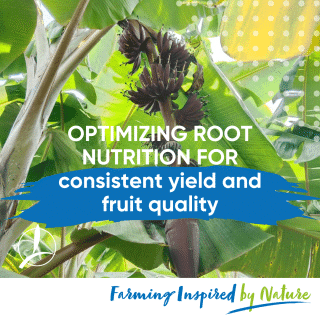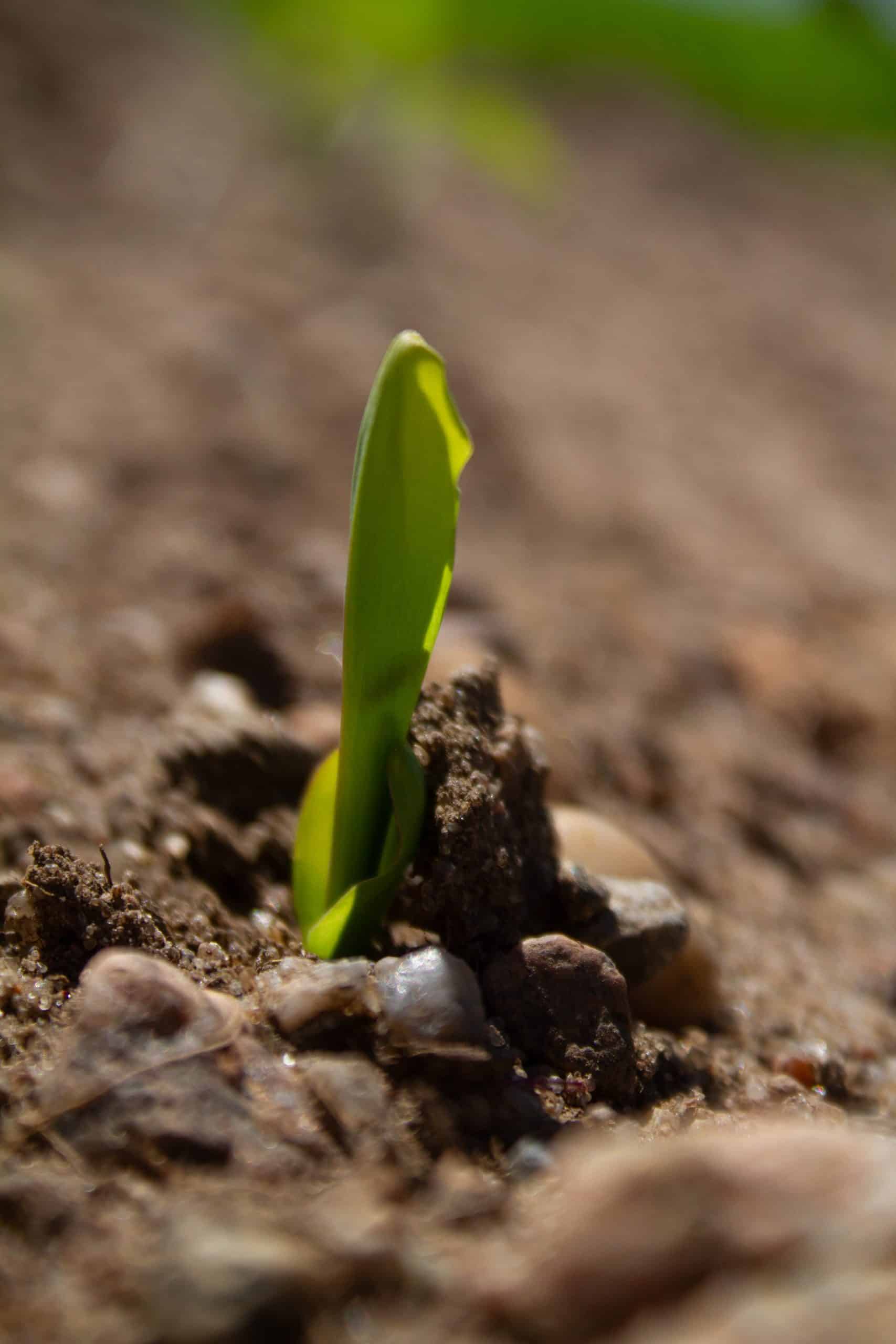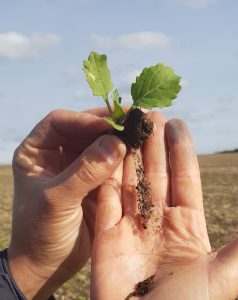Bananas: how to combine yield and quality?
Un double enjeu pour une culture exigeanteA dual challenge for a demanding crop
Faced with ever-increasing global demand, banana producers are facing a major challenge: producing more without compromising quality. Bananas (Musa sapientum L.), one of the most widely consumed and exported fruits in the world, require rigorous soil, water and nutrition management to maintain this balance.
Quality is defined at every stage: uniform ripeness for processors, firmness to withstand transport, long shelf life for distributors, and attractive appearance and sweet flavour for consumers. To meet these requirements, it is essential to adopt a comprehensive agronomic approach that takes into account both the physiological needs of the plant and the constraints of the growing environment.
The key role of phosphorus for successful establishment
Although phosphorus is required in moderate quantities, it plays a strategic role from the moment of planting. It promotes deep, branched rooting, ensuring better absorption of water and nutrients. Conversely, limited phosphorus availability leads to shallow rooting, slower growth and, ultimately, a significant drop in yield.
Ensuring a regular and available supply of phosphorus from the early stages of development results in vigorous, uniform plants, leading to regular flowering and stable production.
Calcium, guarantor of fruit quality
Calcium is a key factor in fruit firmness, shelf life and mechanical strength. When there is a calcium deficiency, particularly during the fruit filling stage or during periods of drought, physiological disorders can occur, such as Maturity Bronzing, characterised by browning of the skin, loss of tissue elasticity and a significant reduction in the commercial value of the fruit.
Up to 80% of quality losses and 50% of yield reductions can be linked to calcium deficiency. Maintaining balanced and continuous nutrition, adapted to each stage of development, is therefore essential to preserve the firmness, shelf life and uniformity of fruit intended for export.
Agronomic practices for performance
The performance of banana plantations depends on the complementary nature of sustainable fertilisation, good soil structure and controlled irrigation. Adapting inputs based on soil and leaf analyses, maintaining soil aeration and microbial activity, and ensuring regular water supplies are all essential levers for balancing yield and quality.
Regular agronomic monitoring allows interventions to be adjusted according to the actual needs of the plant and ensures sustainable production. These practices help improve post-harvest quality and meet the demanding standards of international trade.

TIMAC AGRO’s expertise at the service of banana growers
With its extensive knowledge of plant nutrition, TIMAC AGRO supports banana growers in their quest for sustainable performance. Its innovative solutions, developed by the Roullier Group’s Research & Development department, promote targeted and progressive nutrition, perfectly adapted to tropical conditions and the specific needs of this demanding crop.
Thanks to nutrient efficiency technologies and local technical support, TIMAC AGRO helps growers secure the establishment phase, strengthen root development, improve fruit firmness and shelf life, and reduce post-harvest losses.
This comprehensive approach, based on agronomic analysis, personalised advice and field monitoring, makes it possible to reconcile economic performance with respect for natural resources.
Combining yield and quality in banana cultivation is not a matter of chance, but of a precise and sustainable agronomic strategy. By combining innovation, technical expertise and field support, TIMAC AGRO supports producers in their quest for efficiency and competitiveness, for a banana that is high-performing, resistant and tasty, meeting the demands of the international market.


